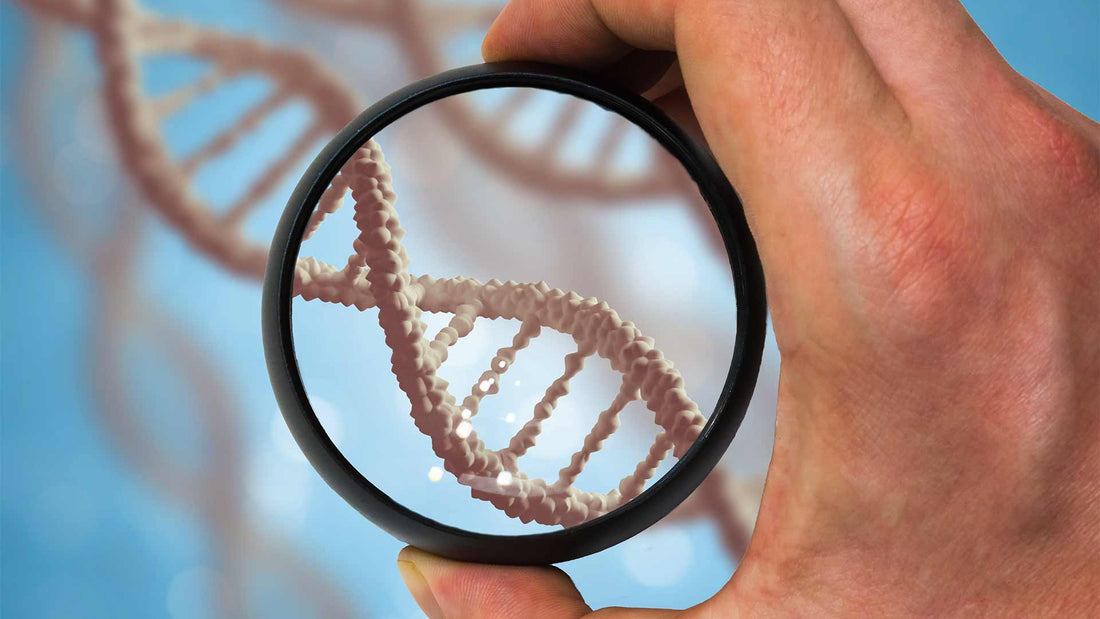It is hard to believe, but the testes can produce several million sperm every day! Despite the apparent efficiency of the testes, the process of producing an individual sperm is surprisingly time-consuming. In fact, each sperm cell undergoes a development process lasting more than nine weeks before it reaches maturity. Reaching the mature stage is vital, as these sperm are the ones that have the potential to fertilize an egg; the very first step of a pregnancy.
In this article we will look in detail at the lifecycle of a sperm to show you exactly what your body does to produce every incredible little swimmer.
How Does a Sperm Cell Develop?
It is not until puberty that boys start to produce sperm. The process, known as spermatogenesis, occurs in response to increased hormone levels which stimulate stem cells within the testes to begin developing into sperm cells.
Stem cells are found in coiled structures called seminiferous tubules. Within the tubules, the stem cells are neighbors with Sertoli cells. Sertoli cells are vital, as they provide the required nourishment for the immature sperm cells. As the stem cells begin to develop into sperm cells, Sertoli cells secrete vital products to give the immature sperm cells energy for growth and development.
Once a sperm cell has developed its tail, it reaches the center of the seminiferous tubule ready to be transported along the tube towards the epididymis. Sperm cells undergo the final stages of maturation here, including becoming motile. Mature sperm are then stored within the epididymis until they are ready to leave the body during ejaculation.
Although new sperm cells are being produced every day, it takes around for a full cycle of spermatogenesis (from stem cell to mature sperm) to occur.
Do All Sperm Cells Make It?
The testes can produce such large quantities of sperm because not all sperm cells will make it to full maturation.
Part of the natural process of sperm production includes the cessation of growth of some immature sperm cells due to early problems in their development. Even mature sperm will be lost, as those that are stored in the epididymis but not ejaculated will be broken down and reabsorbed into the body.
Sperm cells that are ejaculated during sexual intercourse can begin their journey towards the egg. Motility is crucial for natural conception, as the sperm must swim from the vagina through the cervix. Once inside the uterus, they must travel further still, as they are most likely to meet the egg in the fallopian tube. Many sperm cells will be unable to complete this long journey.
Sperm production varies between men, but advancing age is the biggest contributor to daily sperm production. Older age is also with reduced semen quality and a greater chance of sperm DNA being fragmented. The good news is that the testes can produce sperm cells in great quantities even into older age. This increases the chance that one sperm cell will help you and your partner conceive a baby naturally or with medical assistance.
How Can YO Home Tests Help?
If you are trying to conceive, hoping to start a family in the future, or simply interested in the health of your sperm, home testing offers a private and discrete way to learn more about your fertility. YO Sperm tests measure the concentration of motile sperm, empowering you with greater knowledge about your semen quality.
You can find out more about YO Sperm Home Tests .

